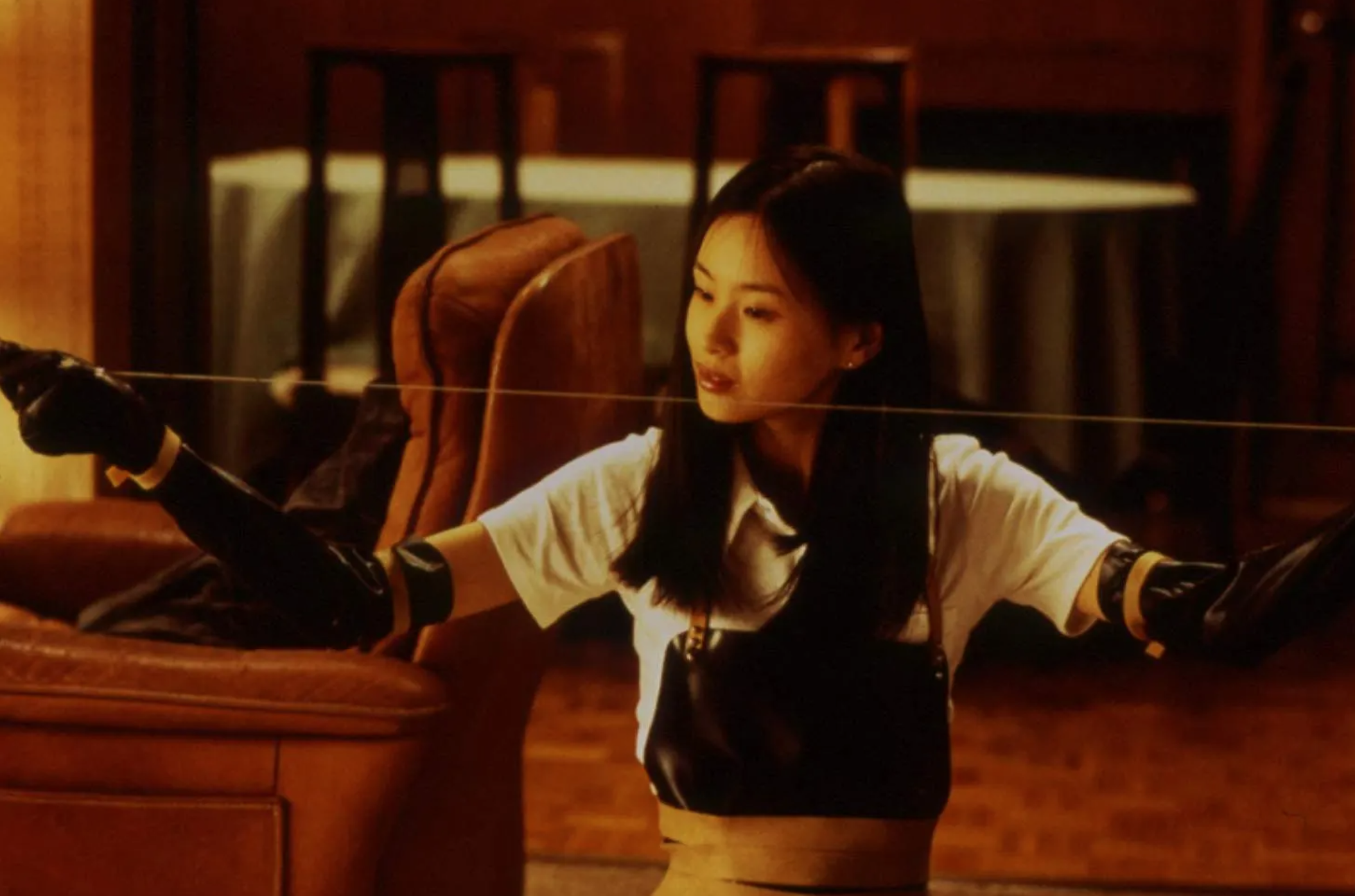
AUDITION is deeply disturbing horror film that is, at its core, a rom-com. It is a scathing satire of Western rom-coms, of the things men get away with and women are supposed to simply roll their eyes at and forgive. It is a deeply disturbing film that also isn't for the most of the whole first half. It is a meticulously crafted tightrope of dread and suspense from a workhorse director who simply saw it as another gig, the artistic mastermind Takashi Miike. It is all of these things that, on paper, shouldn't work together, and yet it is one of the best films of the 1990s. AUDITION puts things on the screen that the casual viewer might not be used to, but What's fantastic, though, is that almost all of that is in the third act. AUDITION is one of the very best examples of a film that takes a huge turn and becomes something very different in the second half. And yet, every single scene builds toward that. At the beginning, AUDITION plays like a rom-com. In fact, in a lot of ways it's even a satire of Western romantic comedies, with a down-on-his-luck guy creating an elaborate ruse to meet a girl, and having to maintain a lie, we've all seen movies like that and in them, by the end, the girl is so forgiving of the lies she's been told and the way she's been deceived throughout the entire relationship. In AUDITION, she is not.
The basic premise of AUDITION is that a single father carrying on after his wife's death wants to find a new wife, so he and his friend create a fake movie to audition girls for the lead role, when in fact he's auditioning women to be his wife. The intentions are gross, and it is so seedily focused on the male gaze and how men too often view women as a collection of necessary "perfect" traits, a list of demands to make themselves feel whole. How we can project an image of a woman that is so drastically different from who she really is and boy, does AUDITION encapsulate that. He wants a girl whose life revolves entirely around him, and then is horrified by what that actually looks like, especially when the needles and the wire come out.
The turning point comes in one of the film's most harrowing moments in which our protagonist Aoyama calls this girl, Asami, and it cuts to her in her apartment alone sitting by the phone, head hung low, doing absolutely nothing but waiting for him to call. And then a huge bag on the floor suddenly lurches and rolls in the background, and from the minute that happens, we're following both these characters on a descent that I don't think any viewer could possibly prepare for. It is a brilliant, powerful, and yes, by the end, stomach-churning movie.